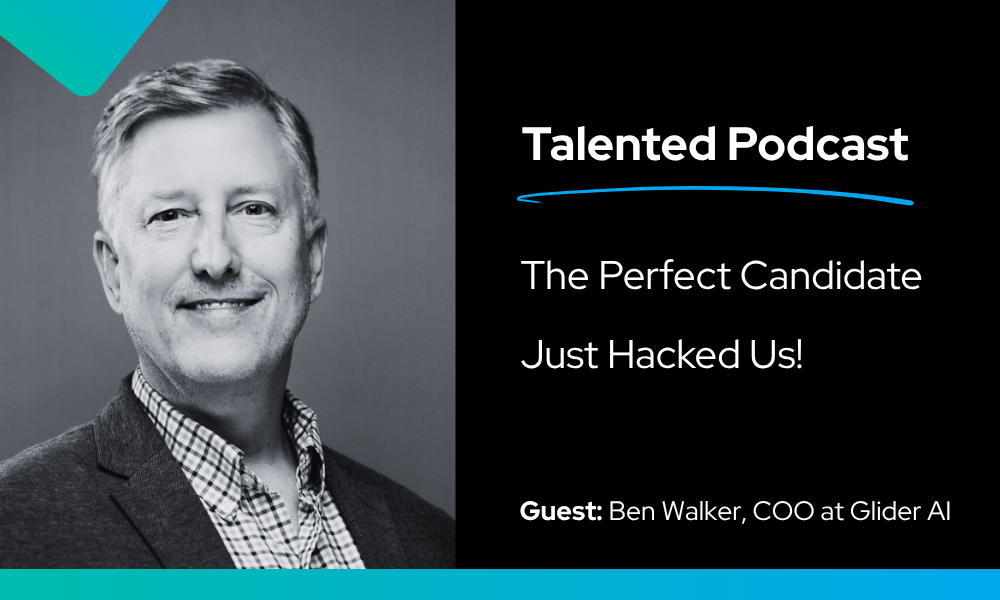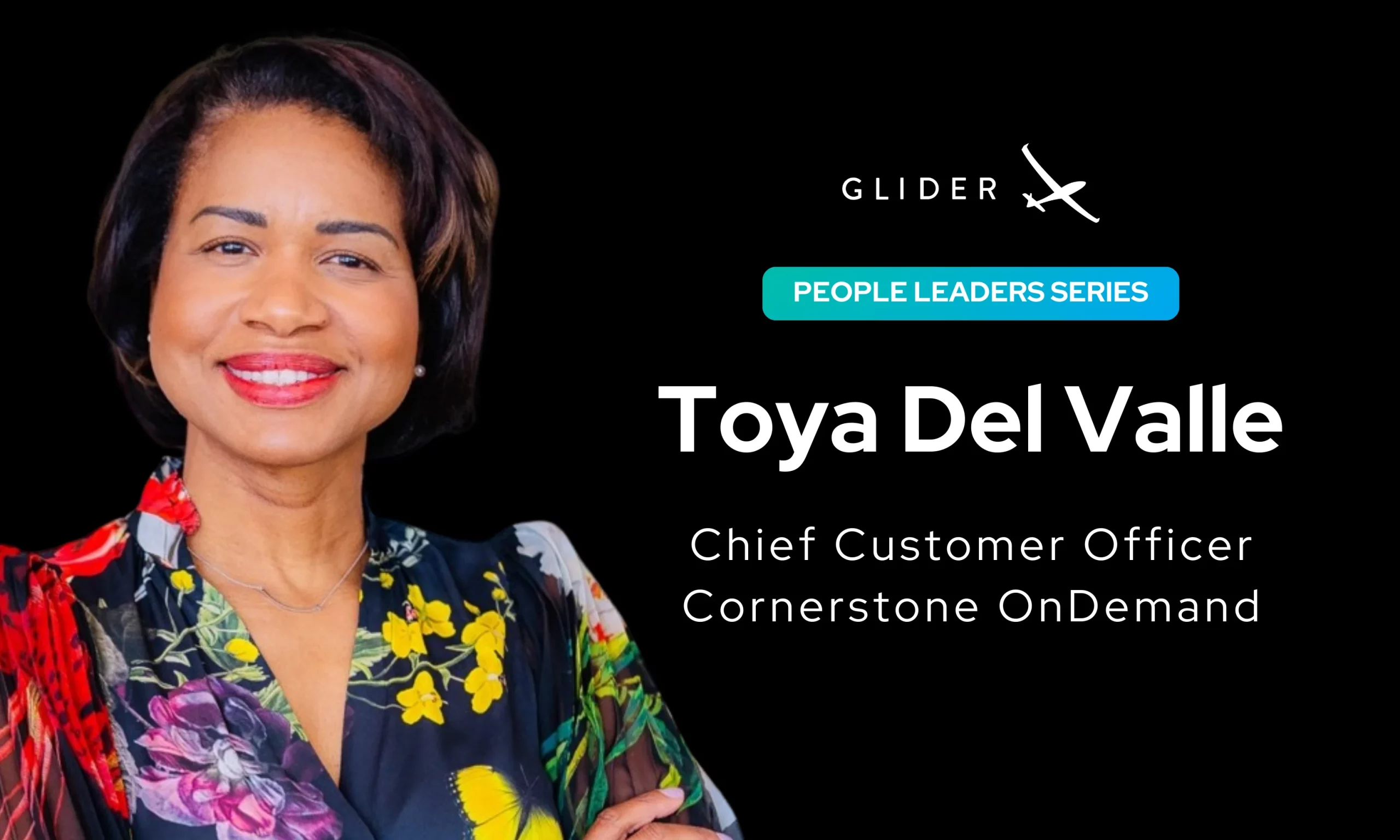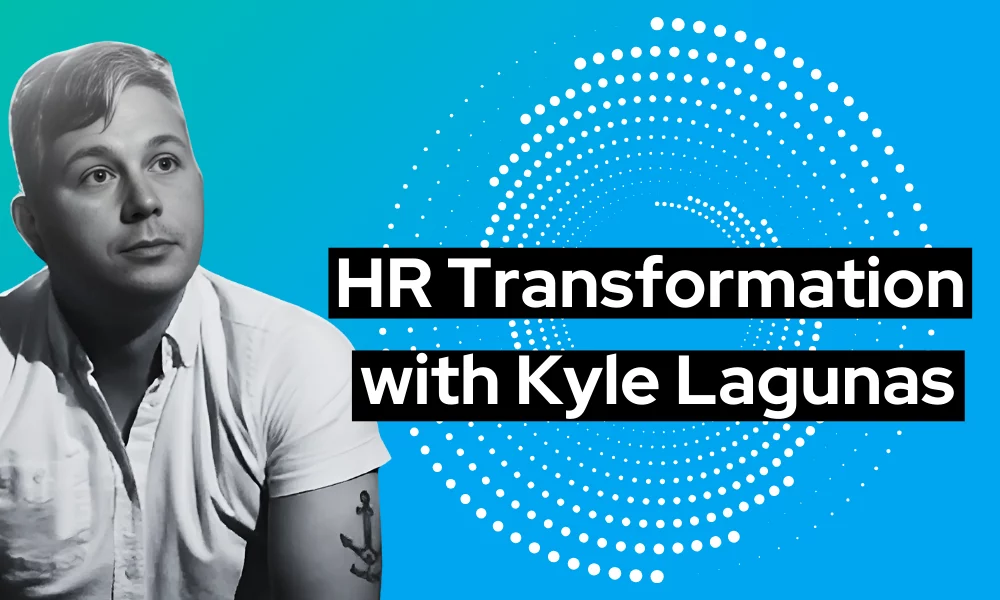
Make talent quality your leading analytic with skills-based hiring solution.

Hiring labor, especially contingent workers is one of the biggest investments among organizations.
Employers have found innovative ways to get this work done more efficiently at lower costs. This is how the contingent workforce was born.
A study from Oxford Economics found that 83% of executives are planning to increase their use of contingent workers over the next three years.
But, as the demand for skilled and qualified people surmounts the supply, the competition for getting the top talent has increased substantially. It should also be noticed that contingent workforce is one of the trending HR concepts in the post-pandemic world. The war for employers to select the best contingent workers has begun.
Let’s have a look at all the challenges that contingent staffing poses.
Before everything else, companies should brainstorm on why contingent workforce is the right fit for their business. Developing an effective and efficient hiring process is not an easy job, and being tasked with hiring a bulk number of employees in a short time has its own set of unique challenges. Here are some of the challenges that recruiters face during contingent staffing:
With the abundance of online hiring tools, the entire hiring process can now be operated remotely. This has resolved a lot of hiring challenges. Recruiters no longer need to manually send emails, schedule, and conduct hiring rounds to assess each candidate individually.
Contingent staffing takes place in bulk, and one of the biggest challenges that recruiters face is screening and interviewing a large talent pool. One such tactic that can be used as an all-round solution for contingent staffing is video interviewing. Video interviews can be used during the screening process as well as during the final interviewing process.
Video interviews are helpful in hiring remote contingent workers when:
Video interviews provide a lot of benefits. Let’s have a detailed look at all the benefits that video interviews provide during contingent staffing.
Bad hires can set your company back and move you further away from your business goals.
Video interviews help assess the candidates better. Important red flags can be identified early in the process, reducing the possibility of a bad hire. These interviews enable you to see past the nerves, allowing you to find candidates who will be the best fit for the job.
“One of the big advantages is that, unlike a phone interview or looking at a resume,
a video interview really lets you observe the candidate, their body language,
and how they answer questions.”
• Carole Martin, SPHR of The Interview Coach
It is a fact that a slow hiring process leaves the position open for a long period. This delay results in your company losing excess money when you can hire the best fit right away. You save up on interview venue costs, logistical costs, etc.
You can cut the costs of hiring a contingent workforce by making video interviews a part of the contingent hiring process.
“The key advantage video screening offers is cost savings.”
• Jim Dick, CEO of Candidate Quality Management (CQM)
When you use video interviews to assess multiple candidates per day simply by logging into a video platform, you can move to the next hiring stages faster and complete the whole process faster. The more you save your time, the more you save your company’s money.
You welcome your candidates to the office, offer them refreshments, conduct their interviews, and then select the best fit from there. Now, this may seem minimal for a single interview, but when you have a large pool of talented candidates and you are on a tight schedule, this process will be a hassle.
As per Recruiter Survey 2019, 85% of recruiters spend 10 minutes or less reviewing one candidate’s video.
Video interviews allow you to conduct multiple interviews in a short period. This speeds up the hiring process and also increases the placement rates.
Video interviews are stress-relieving for the candidates. The less stress candidates feel during your interview, the more positive their candidate experience. Here is a detailed description of how video interviews provide a stress-less environment for the candidates:
As per Candidate Survey 2020, 82.4% of candidates are satisfied with video interviews as a method of recruitment.
Video interviews are great assessment tools. When it comes to contingent staffing, you need to have a clear understanding of the candidates’ skills. You need something that can assess the candidates’ hard skills as well as soft skills. Video interviews are one such medium that lets you evaluate all the competencies that your company requires.
Video interviews offer speed, accuracy, and keen insight while analyzing the skills of the candidates.
There’s a huge growth in hiring contingent workforce in 2022. Video interviews let you connect with remote candidates. You can expand your talent pool and reach out to candidates from all corners of the world. Since there are no limitations regarding the time or place, you lower the risk of missing out on high-quality candidates.
If you are thinking about adding video interviews to your contingent staffing process, then give Glider a try. Arrange a meeting with us.

“The Perfect Candidate Just Hacked Us”: Inside the Global Playbook of Hiring Fraud That 100% test score might be your biggest red flag. Enterprise breaches don’t always start with phishing emails; sometimes, they start with a fake job interview. In this episode of Talented, Joseph Cole sits down with COO Ben Walker to unpack one […]

Can HR Stop Playing Buzzword Bingo with Skills and AI? If you’re an HR or TA practitioner or work in HR Tech in any capacity, AI and Skills-Based Hiring is what everyone is talking about. The problem? All the talk is diluting the importance of two very interrelated topics. Glider AI sponsored the Transformation Realness […]

Q&A with HR/TA Analyst Kyle Lagunas The traditional playbook that was HR is being rewritten. AI is reshaping work, skills-based strategies are transforming hiring, and HR teams are under pressure to deliver more with less. HR isn’t just about managing people anymore—it’s about engineering the future of work. In this Q&A session, Kyle Lagunas and Joseph […]